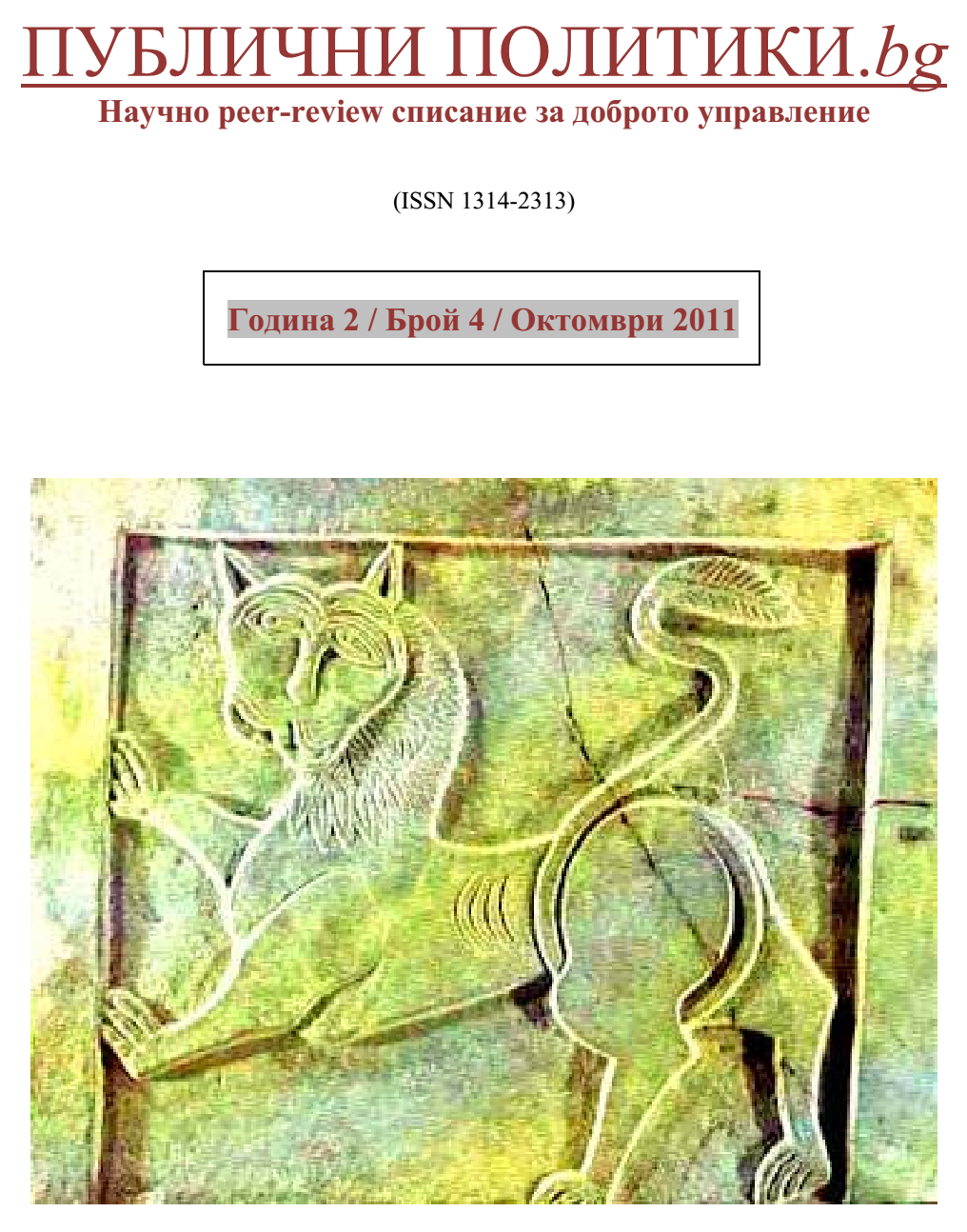EЛЕМЕНТИТЕ НА КОРУПЦИОННИЯ АКТ: ВМЕСТО ДЕФИНИЦИЯ НА КОРУПЦИЯТА
BASIC ELEMENTS OF CORRUPT ACTION VS. A UNIVERSAL DEFINITION OF CORRUPTION
Author(s): Nikolay NaydenovSubject(s): Politics / Political Sciences, Social Sciences, Public Administration, Corruption - Transparency - Anti-Corruption
Published by: Софийски университет »Св. Климент Охридски«
Keywords: corrupt practices; corrupt action; policy
Summary/Abstract: This paper replaces previous attempts to find a universal definition of corruption with a comprehensive, pragmatic approach. Corrupt action is differentiated into basic elements, techniques, and aspects which together work to build corruption and situate it within a social context. Specifically, corruption is analyzed on three levels: Basic elements of corruption, including social resources, roles, and effects; Basic corruption techniques that facilitate corrupt exchanges, neutralize norms that impede corrupt exchange, preserve secrets of corrupt exchange, teach people to become accustomed to corruption and, finally, prevent disclosure of the people involved. Aspects of isomorphism between forms of social and corruptive exchange--first, the infiltration of market categories, such as profit, profitableness, competitiveness, efficiency, etc. in the relations of public officers with citizens; second, isomorphism between the dominant forms of cultural exchange and corrupt exchange. Methodologically, this paper expands previous broad "neo-classical approaches" to corruption in two directions. First, it centers these approaches on relations between principal, agent, and client and opens these same relations to all aspects of social analysis. Second, it connects corruption, not only with political conflicts, but also with natural processes and conflicts which build social life and history.
Journal: ПУБЛИЧНИ ПОЛИТИКИ.bg
- Issue Year: 2/2011
- Issue No: 4
- Page Range: 13-45
- Page Count: 33
- Language: Bulgarian

